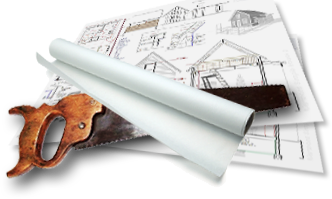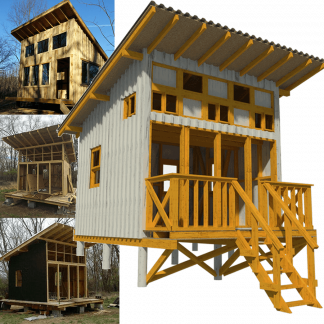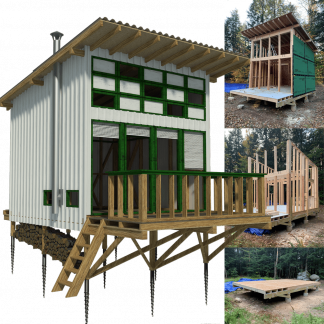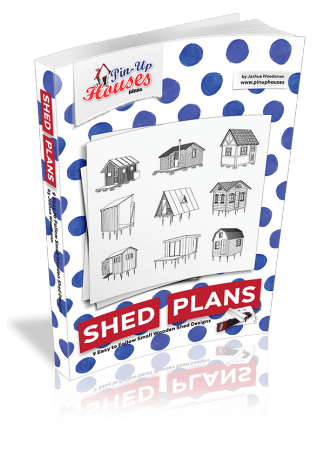Building from the ground up is an exciting journey that allows homeowners to customize their living space as per their specific needs and preferences. Unlike purchasing a pre-built home, building from the ground up offers greater flexibility in design, energy efficiency, and material choices. But this process presents unique challenges that must be carefully planned out and budgeted for.
Every stage is very important for the whole project to be successful, starting from selecting the right place to following construction rules. Beyond building, homeowners must also take into account long-term financial obligations, sustainability concerns and upkeep costs. Understanding the main elements involved helps you to guarantee a better building process and design a house that satisfies present and future needs.
Understanding the Financial Aspects of Homeownership
Building a house has expenses beyond construction costs. Even though planning for labor and materials is very important, property owners must also consider the ongoing financial responsibilities that come with owning a home. With time, expenses such as property taxes, utilities, house insurance and potential homeowners’ association fees could accumulate significantly. Predicting these costs can assist in avoiding monetary pressure in both the near and distant future.
For instance, the average cost of home insurance in Canada is about $1,000 a year; but, the location, house value, and degree of coverage you select will affect the cost. Still, there are ways to keep your home insurance cost low such as getting in touch with local brokers who will assist you in saving on your policy.
In addition, securing financing is an important step in the process. While some house owners rely on conventional mortgage financing, others choose construction loans that translate into a mortgage once the house is finished. Examining several loan options, looking at interest rates, and verifying whether payback terms fit your financial situation is essential. Unexpected costs such as gardening, interior design and maintenance need to be considered in your overall budget.
Choosing the Right Location
Selecting the perfect location is as important a task as designing the home itself. Factors such as land cost, zoning regulations, and proximity to schools, workplaces, and essential services should be carefully evaluated. Some areas may have strict building codes or environmental restrictions, which could impact the feasibility of certain designs or materials.
Beyond logistics, consider the long-term value of the location. Neighborhood safety, future development plans, and access to public transportation can all influence property value over time. Conducting thorough research before purchasing land can help avoid complications and ensure your new home is built in a suitable and desirable area.
Hiring the Right Professionals
Constructing a house requires a team of experienced professionals to ensure the project is completed efficiently and complies with rules. ranks as one of the critical decisions in this process, especially if you opt for a custom house designed to suit your specific requirements and preferences. Look up “custom homes builders near me” online to find competent local experts who can make your dream custom home a reality.
Clear communication and well-defined contracts can help avoid misunderstandings and ensure the project stays within budget and on schedule. A trustworthy team will provide guidance and expertise, making the construction process more manageable.
Understanding Permits and Regulations
When you build a house, there is the necessary step of dealing with permits and regulations. Local building codes dictate various aspects such as structural integrity, fire safety, and energy efficiency. If you don’t get these important permits, it can result in expensive penalties, delays in work or even legal problems.
Homeowners, before starting construction, should closely cooperate with their contractors to get all needed permits. Furthermore, it is crucial to understand that several phases of the construction will require inspections to satisfy legal requirements. Recognizing these legal obligations early on could be an advantage and help avoid surprise difficulties later.
Choosing Materials and Construction Methods
Choosing appropriate building techniques and materials influences not only the appearance but also the lifetime and functionality of the house. While modern options like ready-made panels can speed up building time and cut costs, traditional materials like brick and concrete offer enduring strength.
Homeowners should also consider energy-efficient building techniques such as proper insulation and high-performance windows. Even if some materials or methods may have higher starting prices, they can lead to big savings over time on utility bills and upkeep costs.
Managing the Construction Timeline
A well-structured timeline is crucial for keeping the project on track. Building activity usually follows a phased approach, starting with preparing the site and doing foundational work, then moving on to erecting frames and installing plumbing and electricity before wrapping up with the last details. Understanding each stage helps with setting realistic goals for completion.
Yet, postponements might appear due to weather, supply chain disruptions, or labor shortages. Maintaining open communication with the contractor and regular on-site checks can help in spotting probable difficulties early. Flexibility and having alternative plans in place will ensure that the project proceeds smoothly.








